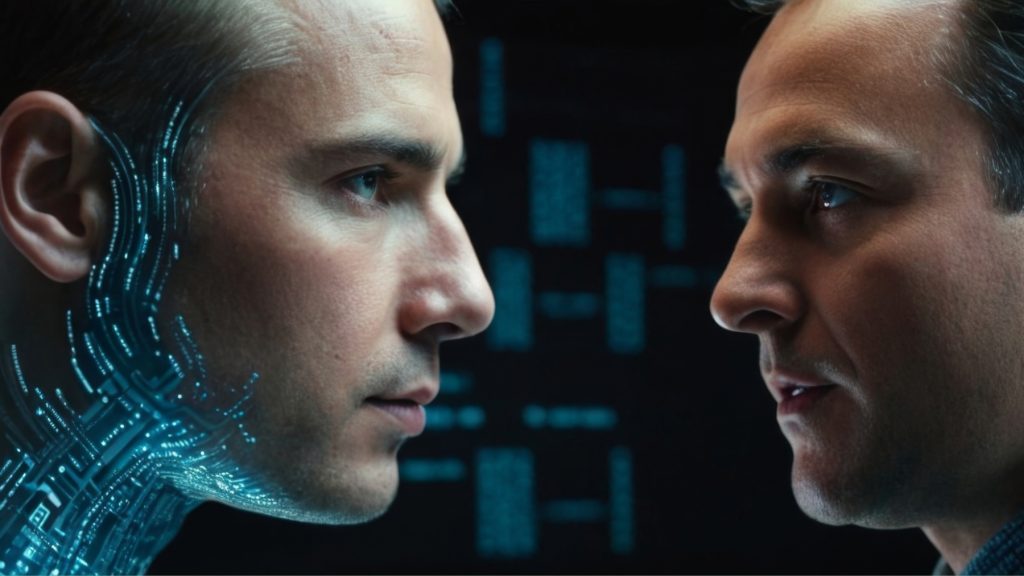
Google DeepMind researchers have developed an intelligent system to help resolve conflict resolution in AI issues by identifying common ground between opposing viewpoints, showing potential for consensus-building.
The AI system was designed to identify common ground among the various opinions that emerged and to circle back with the participants on those areas of overlap. In fact, this type of AI-mediated discussion did reduce divisions among small groups in a recent study, moving closer to consensus on tough issues. This highlights how AI for conflict resolution could play a role in addressing difficult societal debates.
AI Chatbots for Brainstorming and Problem-Solving
Several conflict resolution in AI chatbots are being used for brainstorming and problem-solving, especially where it gets awkward, such as negotiating bills and trying to amicably resolve conflicts. With the help of chatbots, some people have been able to write more assertive or persuasive emails, but once the subject matter becomes highly personal, the shortcomings become apparent.
AI chatbots stood firmly for both sides when there was a conflicting situation between two friends, justifying each point of view. While this could present some new light, it does reveal the tendency that must be surmounted in depending upon a chatbot for personal or emotional guidance.
These insights suggest the need for further development in AI-driven conflict resolution strategies that can move beyond simply supporting both sides to help foster genuine understanding.
Limits of AI as Emotional Companion
Conflict resolution in AI chatbots advise on generalities, devoid of the deeper insight that a professional—a therapist—would provide. While this might be to “speak your feelings calmly” or “to set boundaries,” advice misses the subtlety of real human emotion.
AI’s role in conflict resolution strategies in AI shows promise, but it remains limited when dealing with personal emotional conflicts. Although AI technology helps people in many ways, it cannot take the place of a human to satisfy emotional conversations. The lack of emotions restricts the AI chatbot from showing empathy and depth of understanding that a real person would be able to portray.
Need for Human Contact
While AI and conflict resolution technologies are evolving, it is essential to recognize their limitations and not expect them to replace the complexity of human interactions. In more personal conflicts, the emotional support and advice from a human remain irreplaceable. In a real conversation between two people, when they listen to and try to understand each other, misunderstandings can be resolved, and durable bonds are formed more than conflict resolution in AI chatbots or systems.